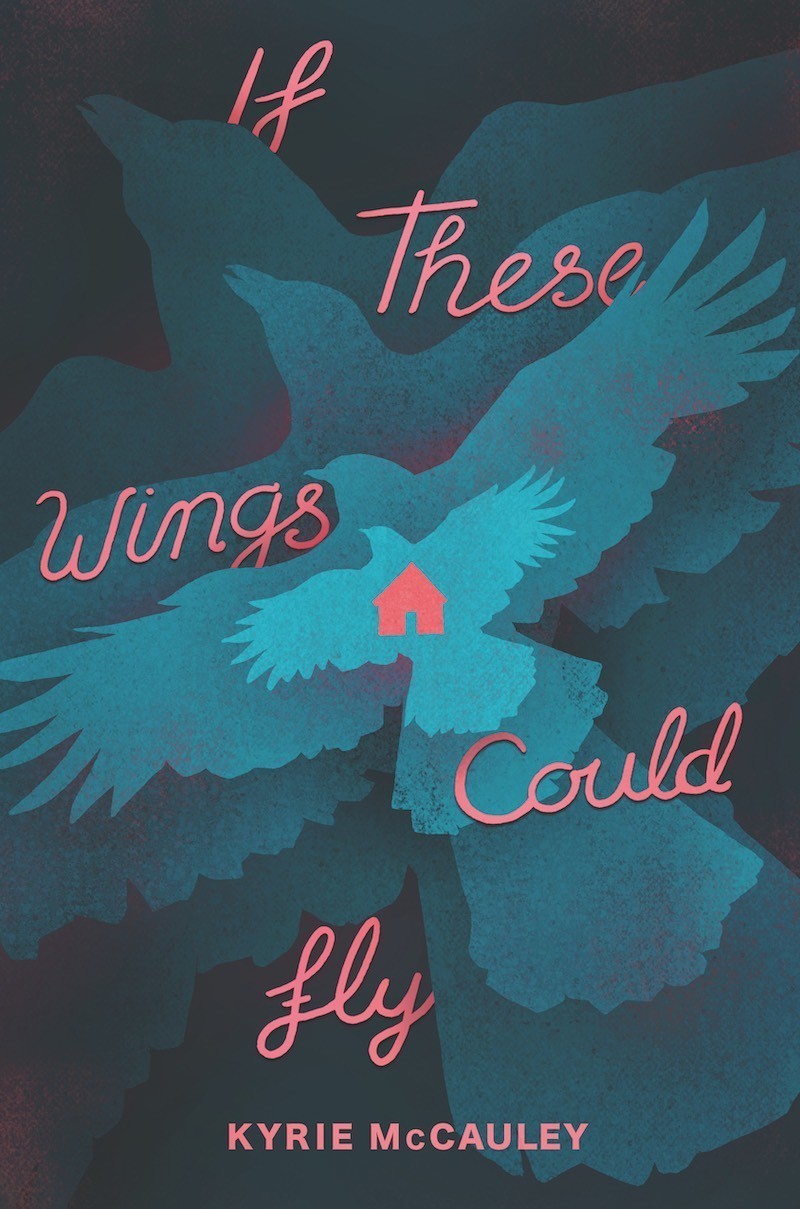Chapter Fifty-Nine
byIn Chapter Fifty-Nine of “If These Wings Could Fly,” the protagonist, Leighton, grapples with her emotional turmoil following a troubling weekend. Liam, visibly distressed, picks her up for school and expresses his worry about her well-being, suggesting that she may need help. Despite her acknowledgment of his concerns, Leighton deflects, apologizing for missing Liam’s big game and expressing relief at his loss, hinting at her own inner chaos.
The chapter captures the symbolic significance of the crows that have covered their hometown, representing the pervasive darkness and uncertainty Leighton feels as she drives to school. Upon arrival, she bypasses her classes and heads straight to the newspaper office, where she seeks solace in writing. Sofia, her supportive friend, instinctively arrives to check on her. While Leighton reassures her that she is merely angry, she emphasizes her urgent need to write an essay due that day.
As Leighton types on her beloved old computer, she reflects on her complex relationship with Auburn, realizing her narrative had lacked a crucial aspect: herself. This epiphany transforms her perspective; she recognizes that Auburn embodies not only her grandfather’s legacy or her father’s anger but also the unwavering support from friends and family, including Sofia, Fiona, and Liam. The community is rich with depth, exemplified by moments of kindness and resilience that she had previously overlooked.
With this new understanding, Leighton’s writing flows easily, capturing the essence of her town. The chapter closes on a powerful note: while she may criticize and sometimes hate Auburn, she is undeniably part of its fabric. This realization becomes her driving force, allowing her to confront the complexities of her identity and emotional experiences, leading to a breakthrough in her writing process. As she writes, she commits to expressing her truth, asserting her place within the narrative of her life.

